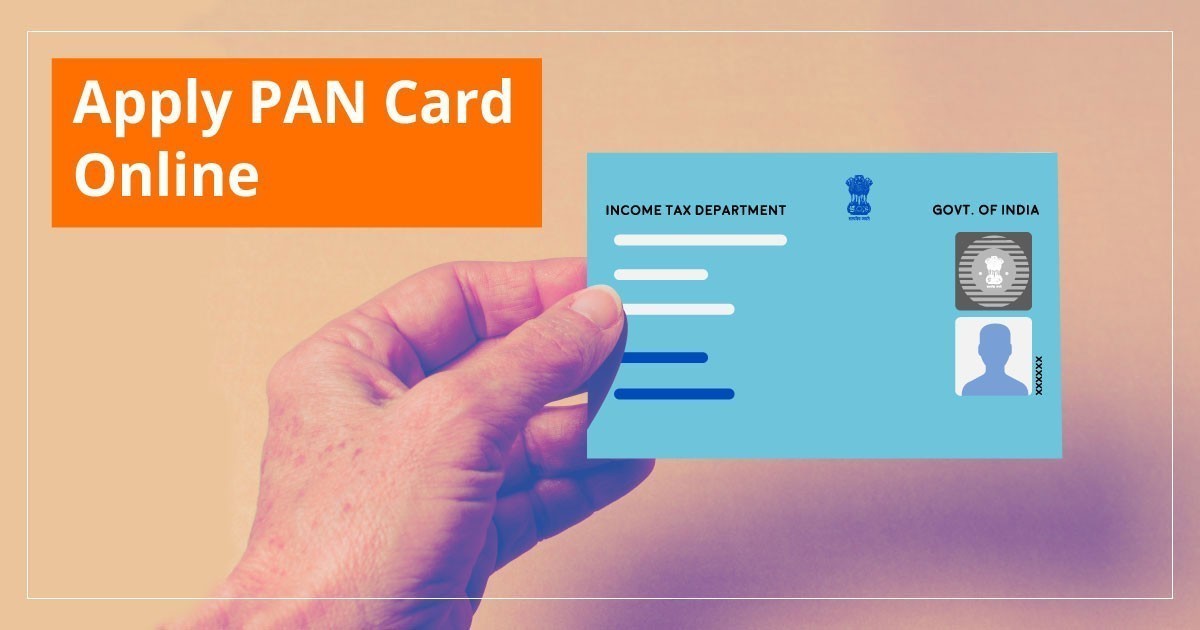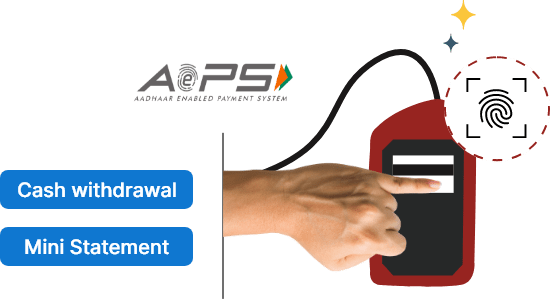To register for GST (Goods and Services Tax) in India, you can follow these steps:
- Visit the official GST portal at www.gst.gov.in and click on the ‘Services’ tab, then select ‘Registration’ and choose ‘New Registration’.
- Fill out the required details such as your name, PAN (Permanent Account Number), email address, mobile number, and state in which you want to register.
- You will receive an OTP (One-Time Password) on your mobile number and email address to verify your details. Enter the OTP and click on ‘Proceed’.
- Once you have verified your details, you need to fill out the online application form with your business details, such as your business name, type of business, address, bank account details, and business activities.
- You will also need to upload certain documents such as PAN card, identity proof, address proof, and business registration documents.
- After submitting the application form and documents, you will receive an Application Reference Number (ARN) on your registered mobile number and email address.
- Your application will be verified by the GST department, and if everything is in order, you will receive your GST registration certificate within a few days.
It is important to note that GST registration is mandatory for businesses whose annual turnover exceeds a certain threshold (currently Rs. 20 lakhs for most businesses, and Rs. 10 lakhs for businesses in the North Eastern states). GST registration helps businesses to comply with the tax regulations, claim input tax credit, and provide seamless services to their customers.
To register for GST (Goods and Services Tax) in India, you will need the following documents:
- PAN (Permanent Account Number) card: It is mandatory to have a PAN card for GST registration.
- Identity proof: You will need a valid identity proof, such as a passport, driving license, Aadhaar card, voter ID, or PAN card.
- Address proof: You will need a valid address proof, such as a utility bill, rent agreement, or property tax receipt.
- Bank account details: You will need to provide your bank account number and IFSC code to enable GST payments and refunds.
- Business registration documents: Depending on the type of business, you will need to provide documents such as partnership deed, certificate of incorporation, memorandum of association, or articles of association.
- Photograph: You will need to upload a photograph of the authorized signatory or owner.
It is important to note that the documents required for GST registration may vary depending on the type of business and the state in which you want to register. It is advisable to check the latest requirements on the official GST portal before applying for registration.
Is GST registration free?
GST registration is free of cost in India. There is no registration fee for GST. However, if you are using the services of a GST consultant or chartered accountant to assist you with the registration process, they may charge a fee for their services.
It is important to note that GST registration is mandatory for businesses whose annual turnover exceeds a certain threshold (currently Rs. 20 lakhs for most businesses, and Rs. 10 lakhs for businesses in the North Eastern states). Failure to register for GST can result in penalties and legal consequences.
Who is eligible for GST registration?
In India, businesses and individuals involved in the supply of goods or services are required to register for GST (Goods and Services Tax) if their annual turnover exceeds a certain threshold. The eligibility criteria for GST registration are as follows:
- Businesses with an annual turnover of Rs. 20 lakhs or more (Rs. 10 lakhs or more for businesses in the North Eastern states) are required to register for GST.
- Businesses that make inter-state supplies of goods or services are required to register for GST, regardless of their turnover.
- E-commerce operators and businesses that sell goods or services through online platforms are required to register for GST, regardless of their turnover.
- Businesses that are registered under any of the previous indirect tax laws, such as VAT, Service Tax, Excise Duty, etc., are required to register for GST.
It is important to note that even if your turnover is below the threshold limit, you may choose to register voluntarily for GST, which can help you claim input tax credit and provide seamless services to your customers.
What is GST registration fees?
In India, there is no fee for registering for GST (Goods and Services Tax). GST registration is free of cost, and there is no fee charged by the government for the registration process. However, businesses that choose to engage the services of a GST consultant or chartered accountant to assist with the registration process may have to pay a fee for their services.
It is important to note that while GST registration is free, businesses that are registered under GST are required to file regular returns and pay taxes on the supplies made by them. Failure to comply with GST regulations can result in penalties and legal consequences.
Is GST required for small business?
In India, GST (Goods and Services Tax) registration is mandatory for businesses whose annual turnover exceeds a certain threshold. As per the GST Act, businesses with an annual turnover of Rs. 20 lakhs or more (Rs. 10 lakhs or more for businesses in the North Eastern states) are required to register for GST.
If your business has an annual turnover below the threshold limit, GST registration is not mandatory. However, small businesses may choose to register for GST voluntarily, which can help them claim input tax credit and provide seamless services to their customers. It is important to note that once a business is registered for GST, it must comply with the GST regulations, file regular returns, and pay taxes on the supplies made by them. Failure to comply with GST regulations can result in penalties and legal consequences.












